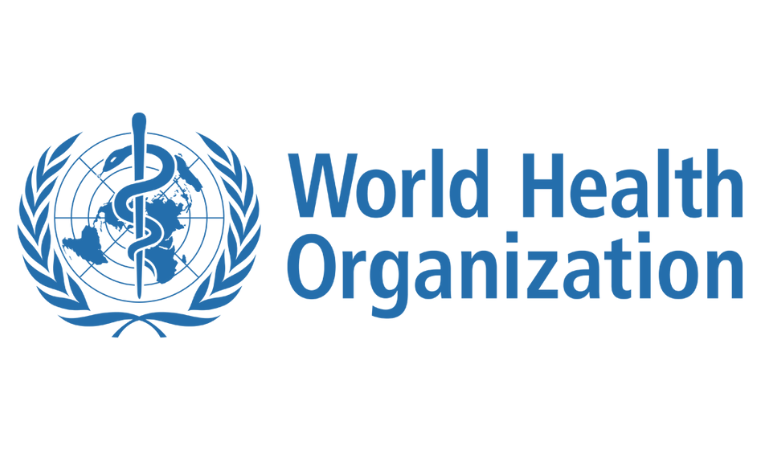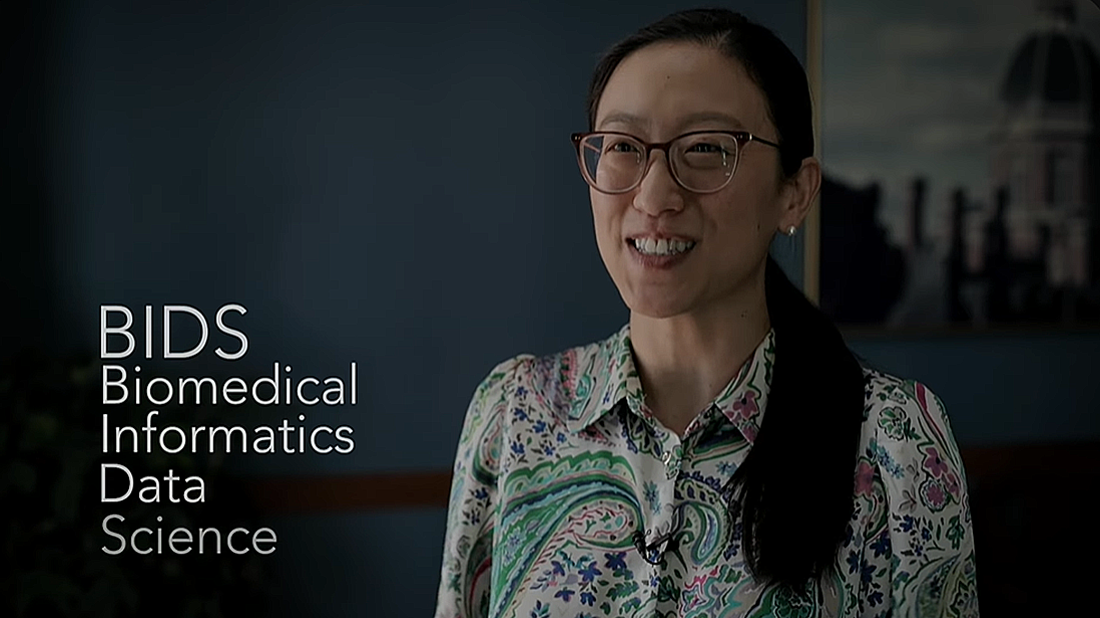News

June 13, 2025
Dr. Paul Nagy Receives Society for Imaging Informatics in Medicine (SIIM) Lifetime Achievement Award
Read More

BIDS Mission Statement
To educate Biomedical Informatics and Data Science professionals for a variety of roles in an ever-changing field, to cultivate their capacity for lifelong learning, to foster independent and original research, and to instill the capacity for assessment and implementation of new discoveries in health care informatics and data science to benefit the state, national, and global populations. The Division currently offers a PhD, three Master of Science degrees (Applied, Applied Online and Research) and the Post-Baccalaureate Certificate in Clinical Informatics.
Goals of the MS in Applied Biomedical Informatics Program
- To provide a theoretical grounding in health informatics by introducing key concepts and frameworks relevant to applied informatics practice (e.g., AMIA Foundational Domains, Lehmann Informatics Stack);
- To provide exposure to and competent practice with a broad range of relevant methods and tools for working with health information systems and medical records data (e.g., UML diagramming, FHIR Interoperability)
- To provide exposure to and competent practice with modern data science tools for observational research and methods to support analysis of health data (e.g., OHDSI, Python, Jupyter Scientific Notebooks)
- To promote leadership and professionalism by providing substantive opportunities for students to interact with and learn from leaders in the field of health informatics within the core faculty
- To expose students to cutting-edge work in clinical informatics, data science, population health, and entrepreneurship through regular seminars and Grand Rounds
- To provide networking opportunities with practitioners and leaders in clinical informatics, data science, population health, and entrepreneurship
- To provide a structured opportunity for students to apply their competencies to professionally-relevant projects
Johns Hopkins Code of Ethics and Professionalism
All individuals in the Biomedical Informatics and Data Sciences section have an obligation to make decisions and conduct affairs in alignment with the code of ethics of the Johns Hopkins organization. At Johns Hopkins, institutional policies require that outside activity and financial and fiduciary interests be disclosed. Objectivity in research is a core scientific value. Johns Hopkins policies are designed to protect against risks to objectivity associated with financial conflicts of interest. To facilitate review of financial interests in research and to comply with federal regulation, faculty members and all investigators must disclose personal financial interests.
Please find Johns Hopkins policies on conflict of interest & professional commitment here.
